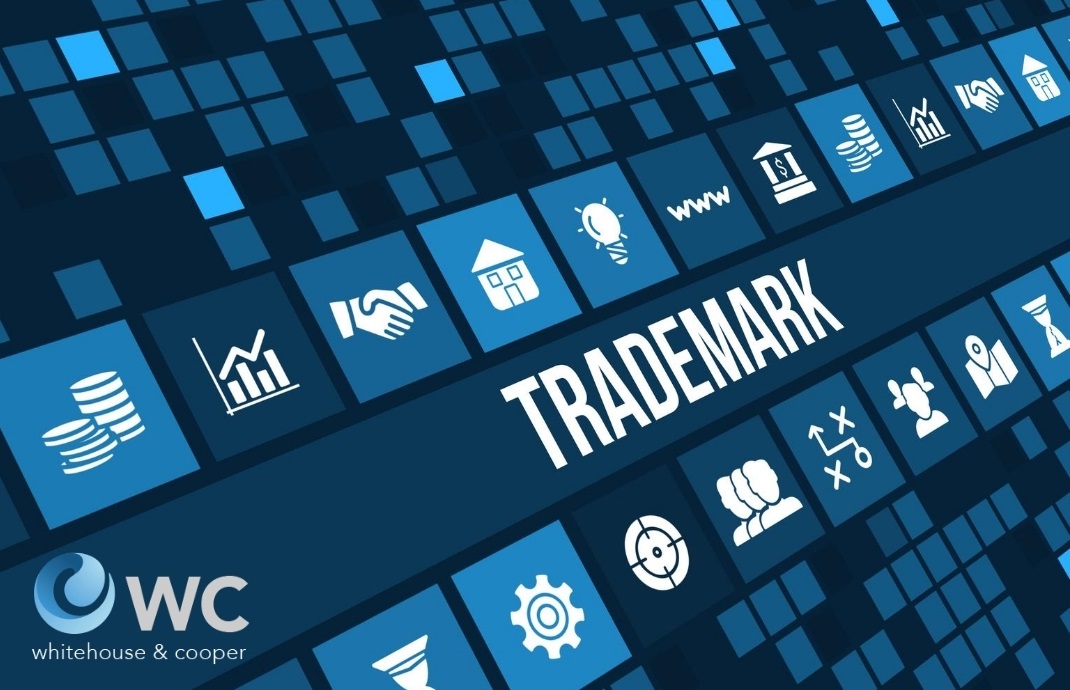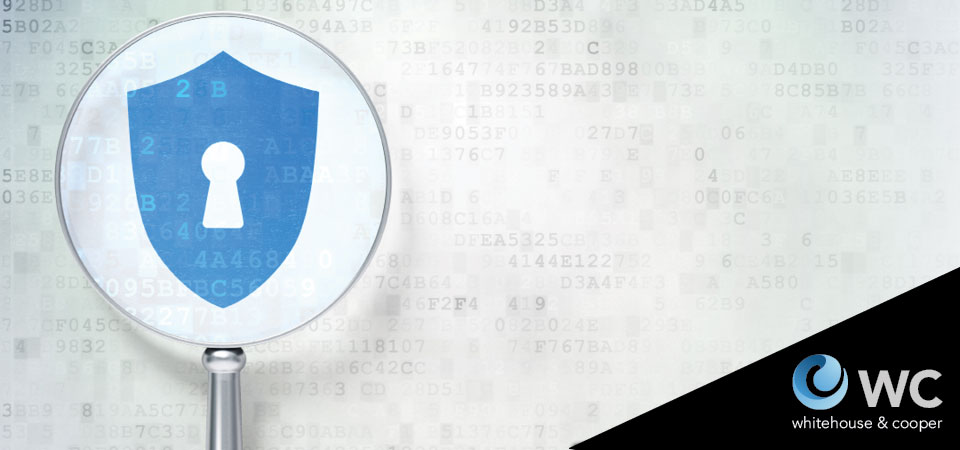
Don’t Let Cybersquatters Profit from your Trademark
Cybersquatting occurs when individuals register Internet domain names that are identical or very similar to trademarked names. These individuals intend to profit somehow from the domain name, such as using it as ransom to extort money from the trademark owner or by fraudulently diverting traffic from the domain to their own website. Cybersquatters may also harm the trademark holder by promoting a competing product, redirecting visitors to pornographic material, or posting negative content about the trademark holder.
Cybersquatters will go so far as to register variations of well-known trademarks, a practice known as “typosquatting.” For example, a cybersquatter may register “walmrt.com” as a way to gain traffic from those who might mistype “walmart.com” in their browsers, or they could register the unused “.org” version of a popular “.com” domain.
The Anti-Cybersquatting Consumer Protection Act (ACPA) was enacted in 1999 to combat this practice. It is intended to prevent individuals from taking financial advantage of a trademark that doesn’t belong to them and to provide clarity to consumers with regard to the ownership of websites. Cybersquatters can be fined $1,000 to $100,000 per domain and forced to relinquish the domain to the trademark owner.
The Four Elements of Cybersquatting
To establish civil liability in court under the ACPA, the plaintiff must plead and prove the following four elements of cybersquatting:
- The defendant has registered, trafficked in or used a domain name.
- That domain is identical or confusingly similar to a mark owned by the plaintiff.
- The plaintiff’s mark was distinctive when the defendant registered the domain name.
- The defendant acted in bad faith in an attempt to profit from the plaintiff’s mark.
How to Determine “Bad Faith”
Proving bad faith is a critical component of an anti-cybersquatting claim. Evidence of bad faith includes:
- Intent to divert traffic to a website in a way that would harm the trademark owner, either financially or by damaging the trademark owner’s reputation.
- Offering to sell the domain name without having used or intended to use it for a legitimate business reason.
- Warehousing of multiple domains that are identical or confusingly similar to distinctive or famous marks. While cybersquatters once skirted liability by not initiating the sale of a domain, simply sitting on these marks now qualifies as bad faith.
- The extent to which the domain is related to a distinctive or famous mark. In other words, bad faith is more likely to be established when the mark is very well known.
- Intentionally providing misleading information when the domain is registered.
On the other hand, factors that would indicate someone did not act in bad faith include:
- The registrant owns a trademark or other intellectual property rights in the domain.
- The domain name is the legal name or nickname of the registrant.
- The registrant has previously used the domain name lawfully and in good faith.
- The registrant establishes lawful noncommercial or fair use of the mark on a website reached through the domain – unless it is determined that the cybersquatter’s intent is to sell.
It isn’t necessarily illegal to register a domain name and either sit on it or offer it for sale at a substantial price. But when those practices involve a domain that is similar to a distinctive mark, the ACPA comes into play to protect that trademark holder.
If you’ve discovered your trademark in a domain name and feel that you may be the victim of cybersquatting, it’s a good idea to speak with an attorney who understands how the latest Internet technology can be used nefariously to leverage such a domain name. Please feel free to contact us to discuss your case.
Related Articles
© Copyright 2011 – 2023 Whitehouse & Cooper, PLLC. All rights reserved. Privacy Policy
No products in the cart.



